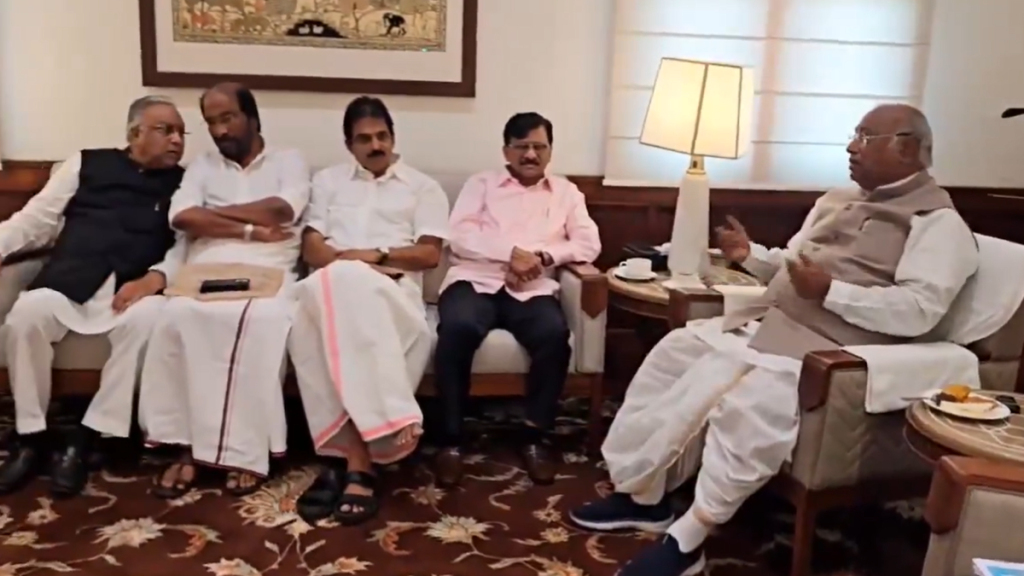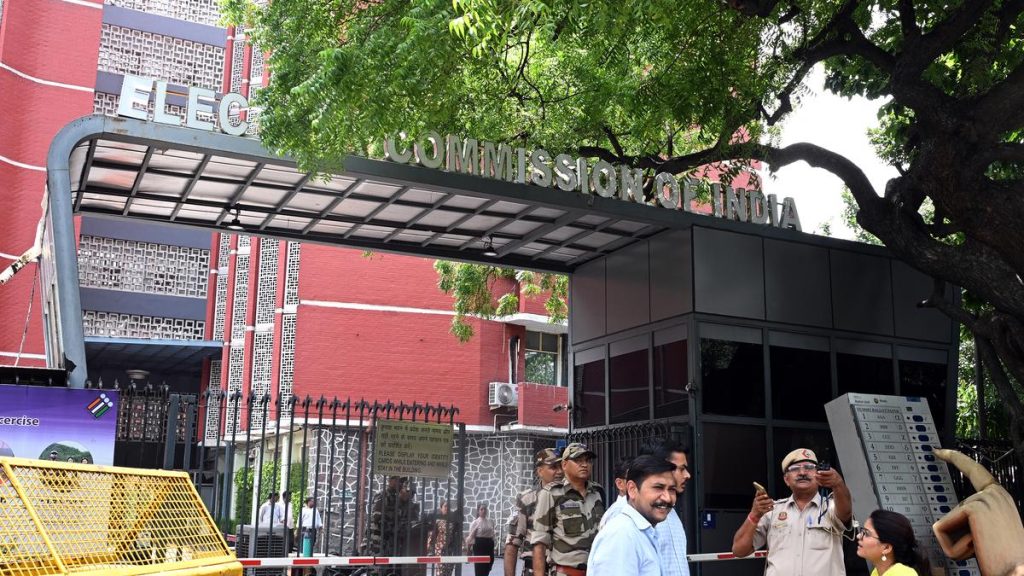Now Reading: Cricket Reform Urgent, but Players’ Body Falls Short on Trust
-
01
Cricket Reform Urgent, but Players’ Body Falls Short on Trust
Cricket Reform Urgent, but Players’ Body Falls Short on Trust

Rapid Summary
- The World Cricketers’ Association (WCA), formerly called FICA, released a paper titled Protecting History, embracing Change: A Unified Coherent Global Future.
- WCA identified four critical issues in cricket: chaotic scheduling,financial inefficiencies,outdated regulations unsuitable for modern times,and leadership failures marked by regional self-interest and imbalance of power.
- The report suggests reforms to make cricket more equitable and proposes measures like independent audits of ICC revenue distributions against Key Performance Indicators (KPIs).
- It criticizes the Board of Control for cricket in India (BCCI) for emphasizing monetary success over other aspects and highlights disproportionate IPL-generated wealth sharing globally-only 0.3% with other countries and less than 10% with players.
- Recommendations include holding regular India-Pakistan matches to boost global interest and releasing Indian male players to compete in T20 leagues outside the IPL to enhance their financial potential.
- Calls for broader ICC reform were noted due to leadership gaps; key roles remain unfulfilled since recent departures of independent leaders like Indira Nooyi or Geoff Allardyce.
Indian Opinion Analysis
The WCA’s critique highlights familiar tensions between global cricket governance structures-often perceived as fragmented-and the overwhelming influence wielded by entities like BCCI through IPL dominance. While ideas such as independent audits or promoting broader player participation across leagues possess merit from equity-focused perspectives, their practicality is undermined by entrenched power dynamics defining current systems.
ICC’s need for reform is undeniable given its absence of cohesive leadership and unequal revenue distribution among governing boards-a scenario exacerbated by concentration among three key nations: India, England, Australia. though, framing criticisms primarily around increasing revenue rather than enhancing competitiveness dilutes constructive dialog about systemic improvement.
For India specifically, the recommendations related to easing restrictions on its players may face practical obstacles under existing contracts guided by domestic policy priorities-a clash underscored by dependency on unified domestic participation standards alongside international regulatory calls.
As highlighted indirectly throughout this discussion streamlining cooperation between seemingly conflicting bodies remains integral pathway toward balanced evolution

























